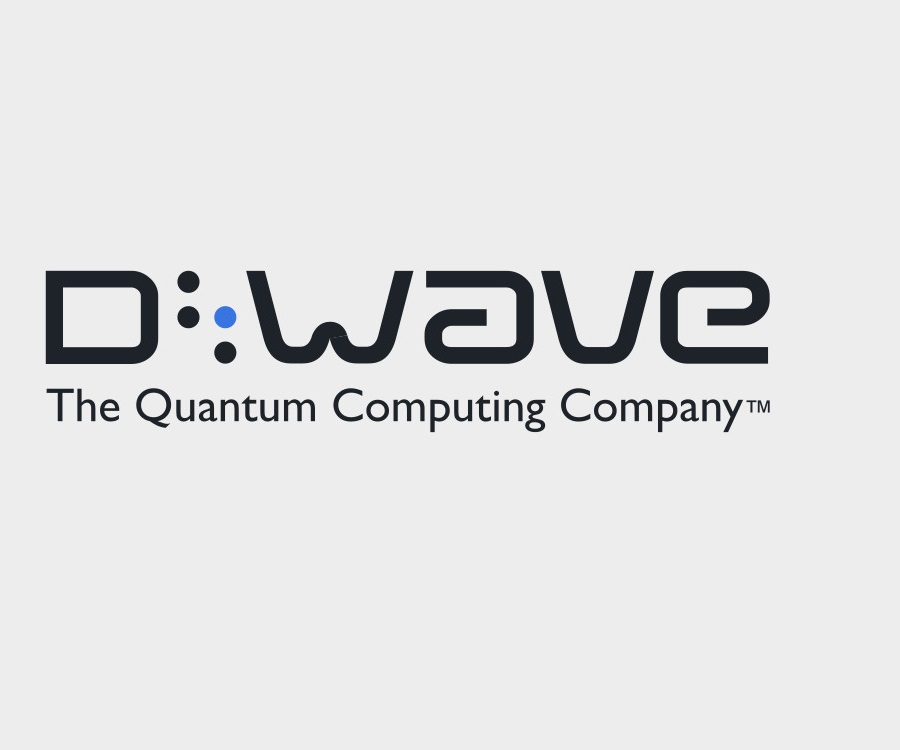Leap 2 – D-Wave’s cloud-based quantum computing service. It is built on the foundation of the company’s 2000Q quantum annealing computer. The upgraded service has a hybrid solver that lets users take on complex problems with up to 10,000 variables, using a blend of quantum and classical cloud resources, plus a problem inspector that lets developers use visual tools to map their problems onto the quantum processing unit.
There’s an expanded Quantum Application Environment and an Integrated Developer Environment with a prebuilt, configured Ocean SDK for quantum hybrid Python development. Leap 2 is also designed to play well with D-Wave’s next-generation, 5,000-qubit Advantage computing system, due for release later this year.

Features:
- Hybrid solver service: easily solve complex problems of up to 10,000 variables. Automatically runs on quantum and classical resources based on D-Wave’s advanced algorithms.
- Integrated Developer Environment (IDE): Includes searchable library of interactive learning materials, code examples, demos, and comes pre-configured with Ocean software development kit (SDK).
- Problem inspector allows more advanced quantum developers to visually see how their problems map onto the QPU, and allows debugging via histogram of potential solutions for each problem.
D-Wave, with its focus on quantum annealing, is able to build machines with thousands of qubits without having to worry about noise issues, though this also somewhat restricts what kind of problems users can solve with these machines.
D-Wave is one of the leaders in the development and delivery of quantum computing systems, software, and services and is the world’s first commercial supplier of quantum computers. It provides practical quantum applications for problems as diverse as logistics, artificial intelligence, materials sciences, drug discovery, cybersecurity, fault detection, and financial modeling. D-Wave’s systems are being used by some of the world’s most advanced organizations, including NEC, Volkswagen, DENSO, Lockheed Martin, USRA, USC, Los Alamos National Laboratory, and Oak Ridge National Laboratory.

Leave a Reply